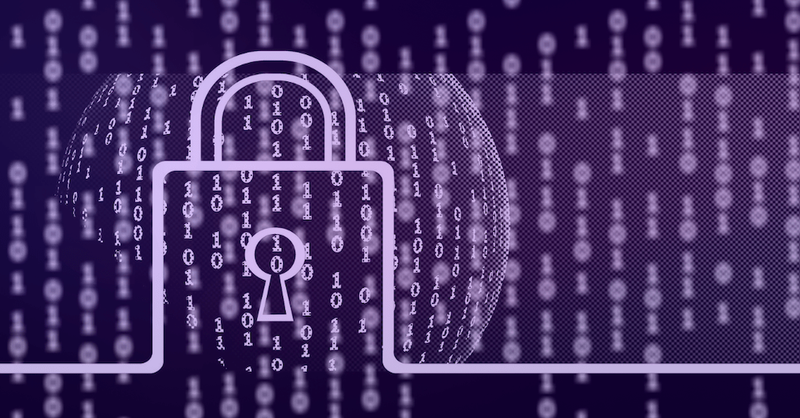In today’s digitally-driven world, protecting sensitive information is critical for both individuals and organisations. Cryptography and data encryption are both critical techniques for increasing secrecy and protecting data from unauthorised access and cyber threats. In this post, we will look at the significance of cryptography and data encryption, its mechanisms, and how they help to improve information security.
What is cryptography and data encryption?
The science of encoding and decoding information to ensure its confidentiality and integrity during transmission and storage is known as cryptography. It entails converting plaintext data into ciphertext using mathematical techniques and keys, rendering it unreadable to unauthorised individuals. Only those who have the appropriate decryption key may reverse the process and gain access to the original data.
Data encryption is a fundamental cryptographic application. It is the process of turning data into a secure form (ciphertext) through the use of encryption algorithms and cryptographic keys. Authorised users can decrypt the ciphertext and return it to its original form (plaintext) using the relevant key.
Confidentiality is an essential component of information security. It ensures that sensitive data is kept private and out of the hands of unauthorised parties. In an age where cyber risks abound, the need for secrecy cannot be overstated. Encryption provides a strong defence mechanism to prevent data breaches and unauthorised access, whether it’s personal information, financial records, or classified company data.
How can encryption improve data security?
Data encryption has various advantages that improve data security and overall cyber security:
- Cyber Threat Protection: Encryption helps protect data from cyber dangers such as hackers, data breaches, and unauthorised surveillance. Even if data is intercepted, encrypted data remains unintelligible in the absence of the decryption key.
- Many businesses and organisations are subject to compliance and regulatory norms that mandate data protection. Encryption is a dependable way to achieve these standards while avoiding potential penalties.
- Data Integrity: Encryption protects not only data confidentiality but also data integrity. It aids in ensuring that data is not tampered with during transmission and storage, as any tampering would render decryption ineffective.
- Personal Information Protection: As online transactions and communication have grown in popularity, encryption has become critical in protecting personal and financial information such as credit card numbers and login credentials.
Encryption solution implementation
To properly harness the benefits of data encryption, organisations must implement secure encryption solutions that are suited to their specific requirements. Among the finest practises are:
- Implement a secure and efficient key management system to protect encryption keys and control access to critical data.
- End-to-End Encryption: Use end-to-end encryption for data transfer to ensure that data remains encrypted from source to destination.
- Update encryption algorithms and software on a regular basis to fix potential weaknesses and stay ahead of emerging threats.
- Training and Awareness: To ensure proper management of sensitive data, educate personnel and users on encryption best practices.
In summary, cryptography and data encryption are critical instruments in enhancing information security in an era of rapid data exchange and cyber threats. Organisations may reliably protect sensitive data, maintain confidentiality, and improve overall cyber security by utilising robust encryption algorithms and appropriate key management. As data breaches continue to make news, installing encryption solutions is becoming a critical approach for protecting sensitive data from possible enemies.

Leave a Reply